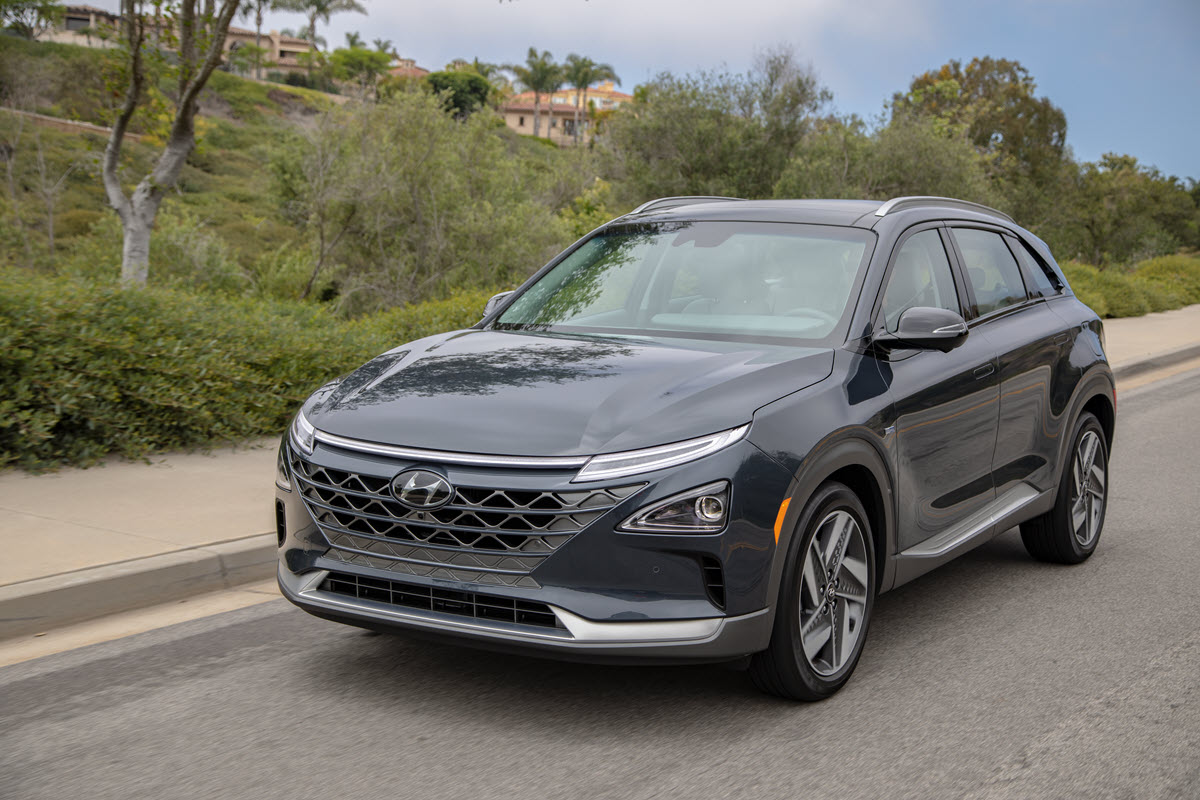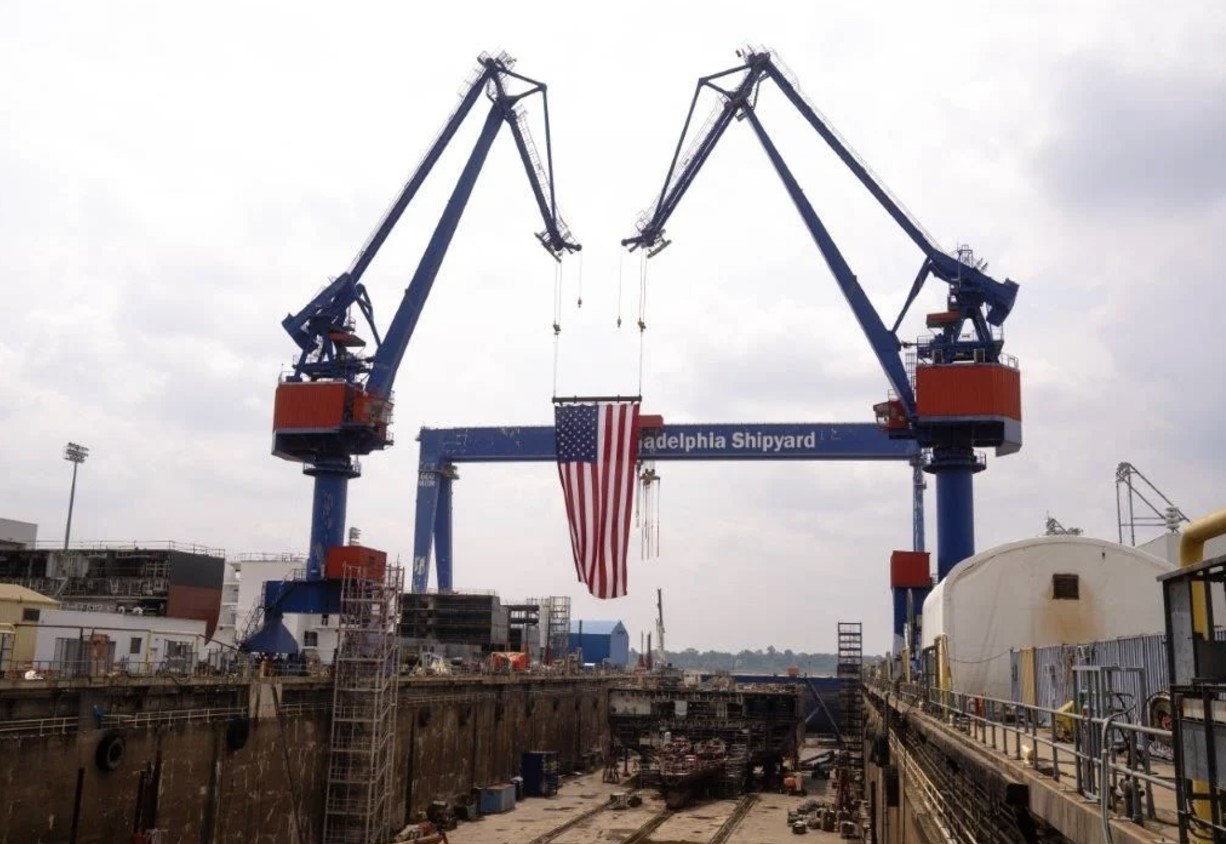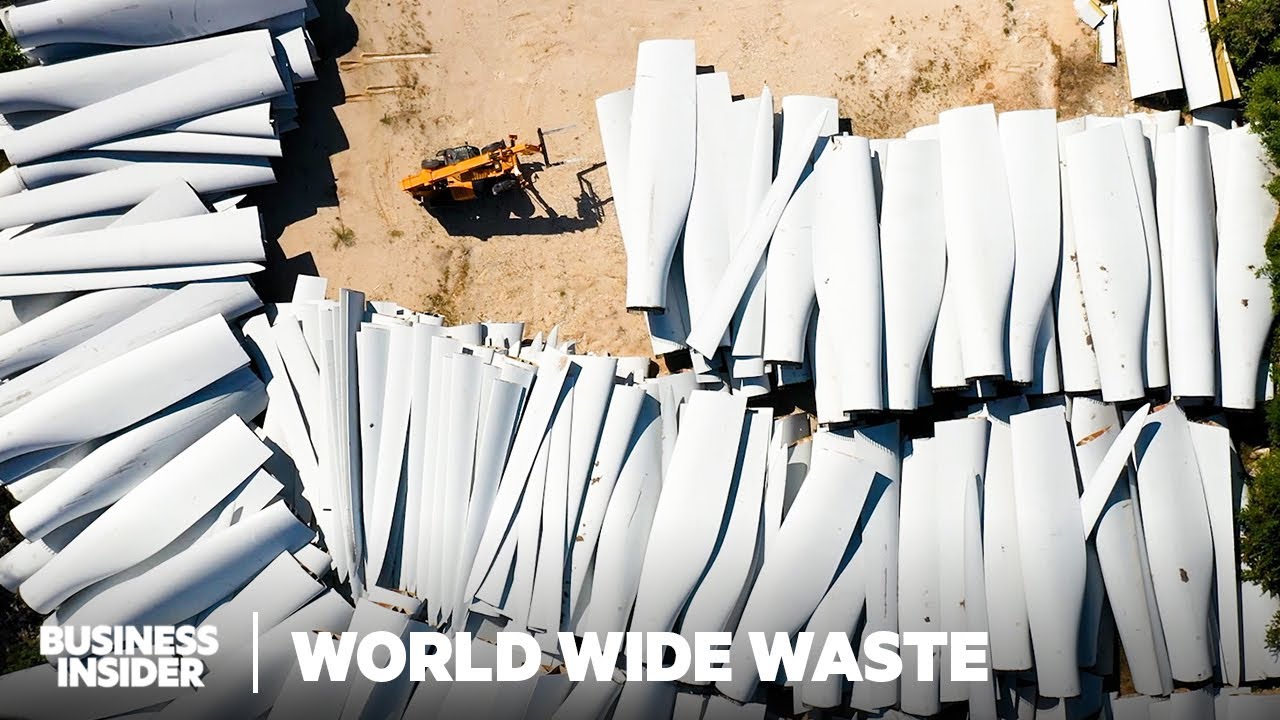
If you’re a regular Hydrogen Fuel News reader, then you’ll be familiar with many headlines about hydrogen cars and you might be aware that there are several models available in places around the world, including in the United States.
Model availability is extremely limited in the US, but it is technically possible to get one.
Toyota’s Mirai – of which there have been two generations – has certainly drawn the most media attention (and sales in the United States), but that is not to diminish the Hyundai Nexo, which has lower sales but is still a competitor among hydrogen cars in this market.
Certainly, battery electric vehicles are more popular than H2-powered passenger vehicles, particularly in the US market, but they are being driven in certain parts of California, as well as in other countries around the globe. Not to mention, commercial vehicles, heavy duty equipment, and public transportation are increasingly using fuel cell vehicles. Buses, trains, garbage trucks, forklifts, and many other types of vehicle fuel up with H2 to be able to keep up their power and range in a way similar to the diesel experience with which they are already familiar.
Image Credit Toyota Newsroom
That said, with all these vehicles operating on H2, a growing number of people are starting to wonder why we’re not hearing about explosions.
The fact is that the risk of explosion in hydrogen cars and other vehicles is not high.
To start, the majority of the belief about the explosiveness of H2 in fuel cell vehicles has to do with a misunderstanding of the gas. H2 requires a spark from a flame or from electricity to ignite and lead to an explosion. As such, fuel cell vehicles are often considered to be even safer than conventional gasoline-powered internal combustion engines.
Check out our recent article “Is Hydrogen Fuel Dangerous to Use?” for more information about the reality of using H2.
Hydrogen cars are built with special shielding to ensure that if a leak should ever occur, ignition will be prevented. Moreover, the safety regulations for these vehicles require them to be over-pressurized, meaning that the gas is unable to escape. High-pressure H2 tanks are durable enough to remain intact even in the event of a high-speed crash. As a result, neither injuries nor deaths have been associated with the use of hydrogen cars relating with the H2 components, at the time this article was written.
Moreover, as was detailed in the aforementioned recommended article, hydrogen cars are also often considered to be safer because any leaked H2 rapidly dissipates into the air – something that cannot be said about leaked gasoline.
Here’s a video explaining how a hydrogen fuel cell car works
Could an H2-powered vehicle explode?
Manufacturers of hydrogen cars have gone to great lengths to ensure that their vehicles are safe. Those vehicles have undergone and passed stringent safety testing. This includes the Toyota Mirai and Hyundai Nexo.
In the case of the Mirai, if a fuel leak or other H2-related incident occurs, the onboard systems of the vehicle automatically kick in, entirely shutting off the fuel supply until the issue has been corrected.
The same can be said for commercial vehicles. Earlier this year in July, an H2-powered bus caught fire as it was refueling. Check out our article on the story, “Hydrogen Bus Destroyed During Fiery Refueling Disaster.” The vehicle’s safety mechanisms all kicked in, stopping the blaze from traveling to any of the refueling station tanks. Only the bus was burned, and a part of the refueling mechanism that was attached to the bus at the time. Nobody was hurt or killed, and the cause of the blaze was not related to the H2 components.
It is for these same reasons that hydrogen cars are not exploding, and they are considered to be perfectly safe for drivers and other road users.







